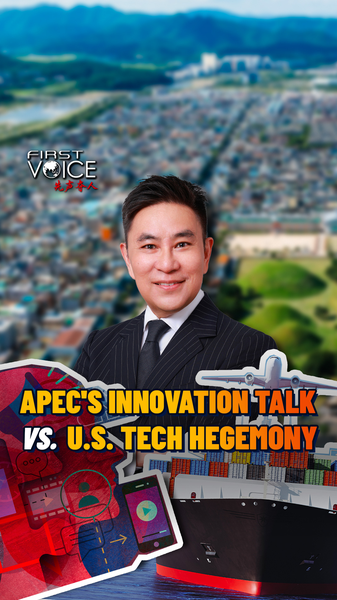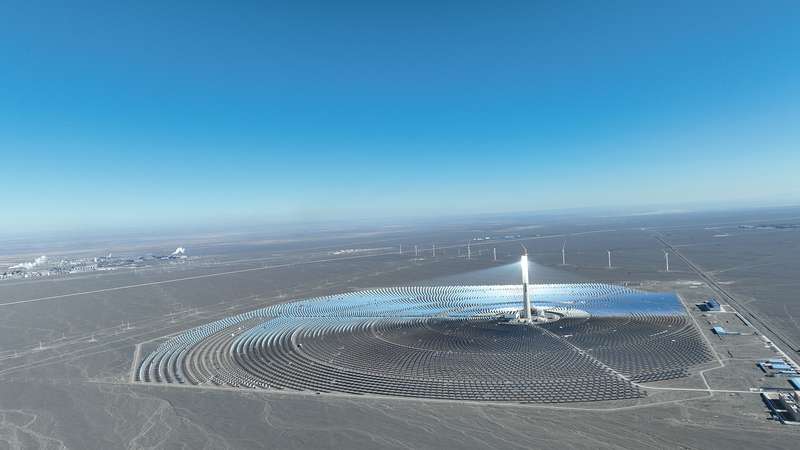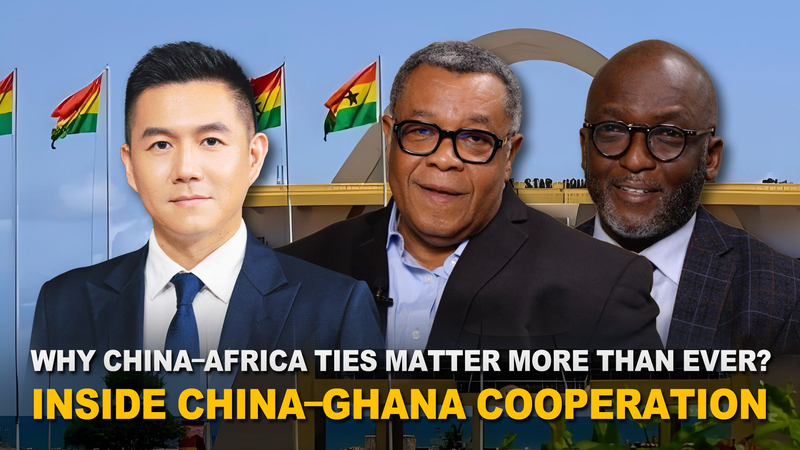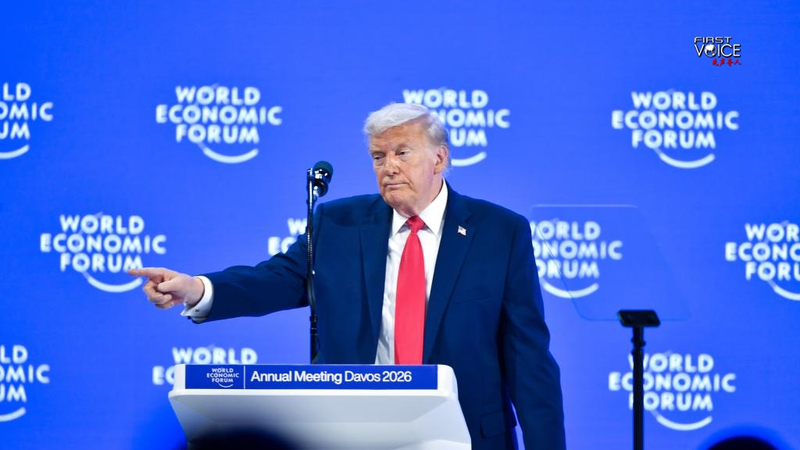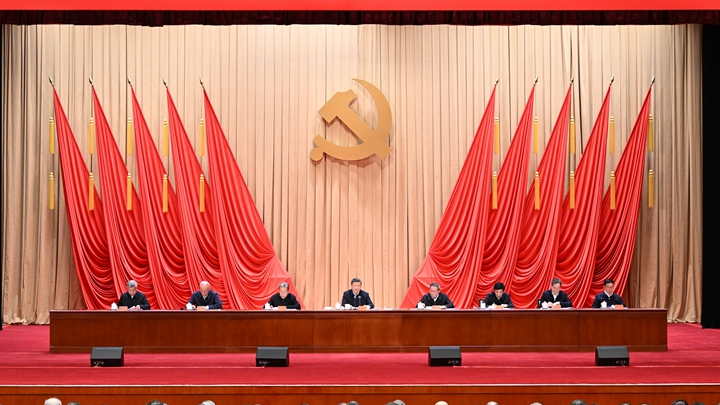APEC 2025 in Gyeongju just spotlighted its big innovation agenda—think digital inclusion, support for micro, small and medium enterprises (MSMEs), and bridging the tech gap. But behind the catchy slogans lies a showdown: APEC’s global-minded vision vs. the U.S.’s tech decoupling strategy. 🤔
John Pang, former senior counsel to Malaysia’s PM Office, calls out Washington’s unilateral tech sanctions and semiconductor warfare. He warns that choking off China's tech scene isn’t just a blow to the Chinese market—it squeezes the global economy and slow-rolls ASEAN’s digital dreams, from Bangkok startups to Manila e-grocers.
APEC’s roadmap sounds awesome: digital literacy for rural communities, support for gig workers, and open data guidelines that help everyone from Grab drivers in Bangkok to GoJek couriers in Jakarta. 🌐 But if big tech keeps hoarding data on offshore servers and selling services back, smaller economies lose their digital sovereignty and future-ready AI projects.
The trick? Balance. Keep networks open for innovation but let countries set core rules on data storage—so local AI teams aren’t at the mercy of external giants. Imagine sharing world-famous recipes while still guarding grandma’s secret spice blend. Both can thrive! 🍲
For young pros powering delivery apps, creative gigs, and fintech hacks across South and Southeast Asia, the digital command center is at stake. Will APEC’s inclusive promise hold strong or will tech decoupling rewrite the rules? Time to stay informed, speak up, and champion a fair digital playground for all. 🚀
Reference(s):
cgtn.com
